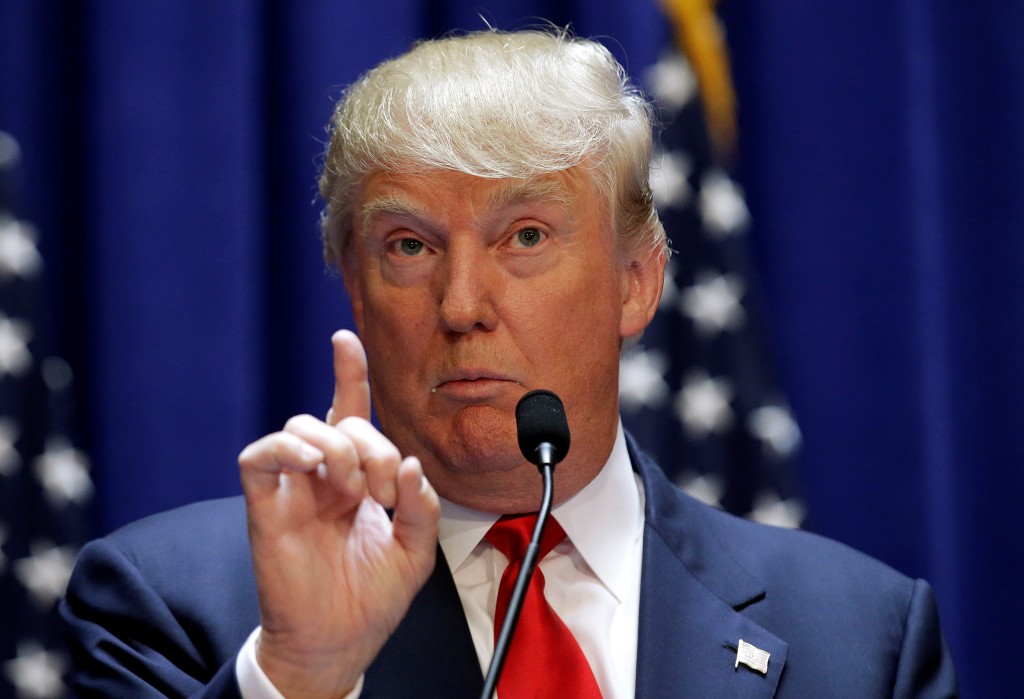Riyadh – Ways to confront ISIS, al-Qaeda, Iran and the Syrian regime and putting an end to the violence in the region are issues that will be at the heart of US President Donald Trump’s talks with Arab and Muslim leaders at the upcoming summit in the Saudi capital Riyadh on Saturday.
The summit between the US and the Gulf Cooperation Council is also expected to set matters back on track between the two sides through strong partnership in all fields. It will also lead the region towards peace, security and stability after years of conflicts.
US officials have said that Middle East issues, most notably the conflicts in Syria and Yemen, putting a stop to Iranian meddling in the internal affairs of some countries and combatting extremist ideology will be at the top of American priorities at the Islamic-US summit on Sunday.
Political analyst Bernard Haykal stated that contrary to former President Barack Obama’s administration, Trump is completely aware that confronting Iran and ISIS cannot be successful without the Saudi alliance.
Haykal told Asharq Al-Awsat: “Trump’s policy is completely opposite of his predecessor Obama. He believes that Obama made a mistake by trying to settle issues between the US and Iran. He is instead completely convinced that the problem lies with Iran in the first place and then with ISIS. Confronting Iran and ISIS needs to take place through the alliance with Saudi Arabia.”
Furthermore, he noted that through his alliance with Riyadh, Trump is attempting to alter his reputation that he opposes Islam and Muslims.
Haykal remarked that combatting ISIS is already taking place through the international coalition and it will likely continue. Confronting Iran however, will be part of a US-Saudi strategy that is not clear yet. It could start through tackling its influence in Yemen, Syria and Iraq, speculated the analyst.
“The president and all of his aides have clearly stated that Iran is employing terrorist groups, such as ‘Hezbollah’, the Popular Mobilization Units and Houthis, in order to expand its influence and control in many Arab countries,” Haykal added.
Salman Al-Ansari, founder and president of the Washington-based Saudi American Public Relation Affairs Committee (SAPRAC), said that Trump’s upcoming visit will witness political, economic and strategic agreements that will tip the balance in the region and the world towards moderation in wake of the extremist Iranian regime’s meddling.
The regime has tirelessly sought to alter the geo-political map in the region through changing demographics in Yemen, Bahrain, Lebanon, Iraq and Syria by spreading strife and sectarianism, he told Asharq Al-Awsat.
US National Security Advisor, Herbert McMaster had noted that “there was a perception that America had largely disengaged from the Middle East in particular, and that disengagement coincided with this humanitarian and political catastrophe in the region.”
“And so now there’s a broad recognition among all of our partners in the region that American leadership is necessary to help address this catastrophe and to begin to move the region toward the peace, security, and stability that the people there so deserve,” he told a press briefing.
“Who’s against ending this catastrophe; who’s against confronting these terrorists or the enemies of all civilized people; confronting Iran, who’s participating in this cycle of violence; and to bring prosperity and peace to the region and the people who so richly deserve it,” he asked.
He stressed the need for cooperation in order the conflict in Syria, highlighting the need for Russia to rein in Bashar al-Assad’s regime, Iran and its agents in the region.
He added that his trips to the Middle East and Europe “have three core purposes. First, to reaffirm America’s global leadership. Second, to continue building key relationships with world leaders. And, third, to broadcast a message of unity to America’s friends and to the faithful of three of the world’s greatest religions.”
“This trip is truly historic. No president has ever visited the homelands and holy sites of the Jewish, Christian, and Muslims faiths all on one trip. And what President Trump is seeking is to unite peoples of all faiths around a common vision of peace, progress, and prosperity. He will bring a message of tolerance and of hope to billions, including to millions of Americans who profess these faiths. The President will focus on what unites us,” he continued.
“The president’s trip will begin in Saudi Arabia, home to the two holiest sites in Islam. He will encourage our Arab and Muslim partners to take bold, new steps to promote peace and to confront those, from ISIS to al-Qaeda to Iran to the Assad regime, who perpetuate chaos and violence that has inflicted so much suffering throughout the Muslim world and beyond,” McMaster said.
